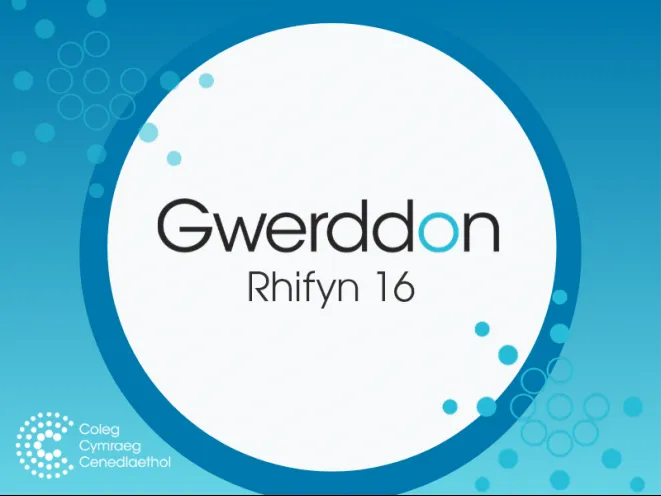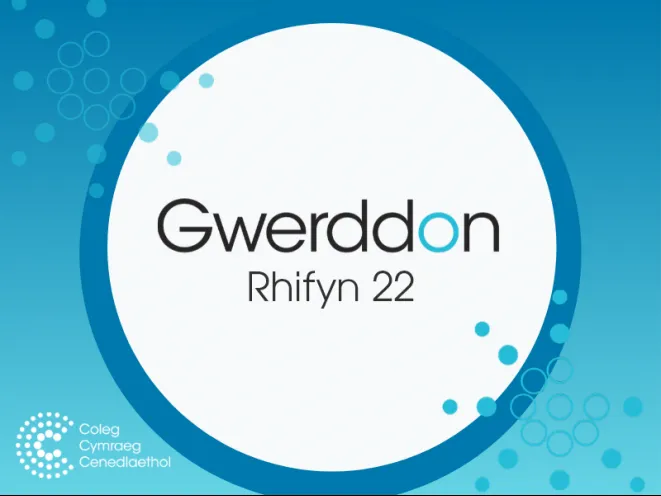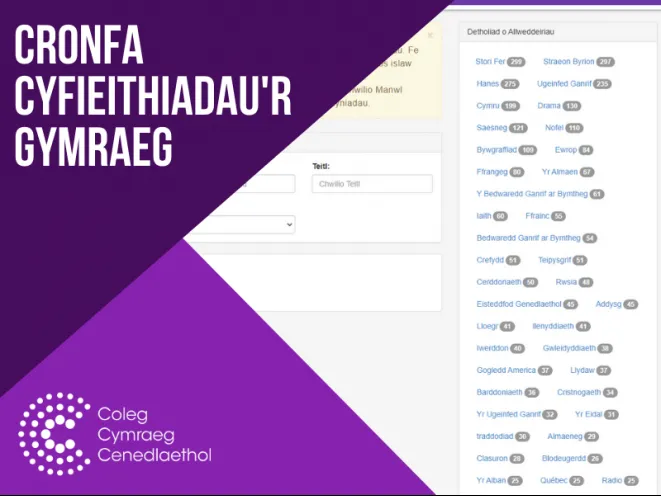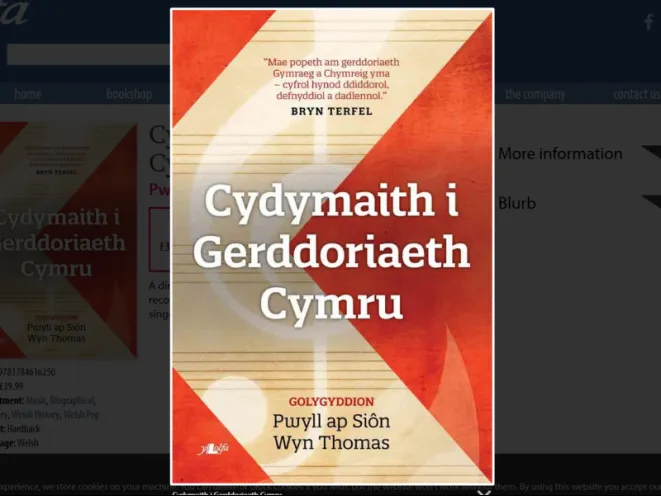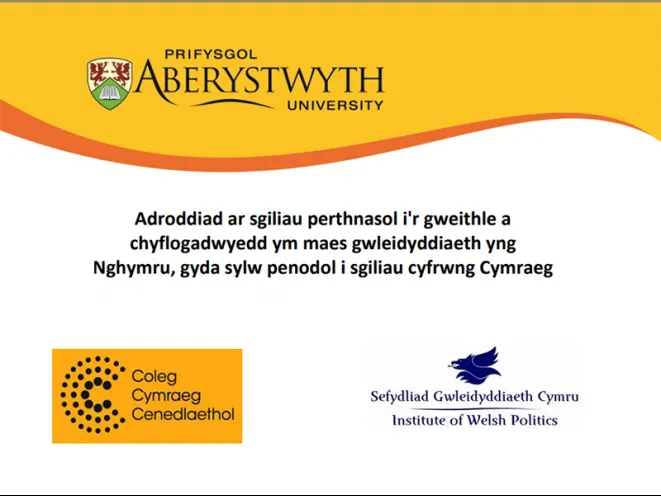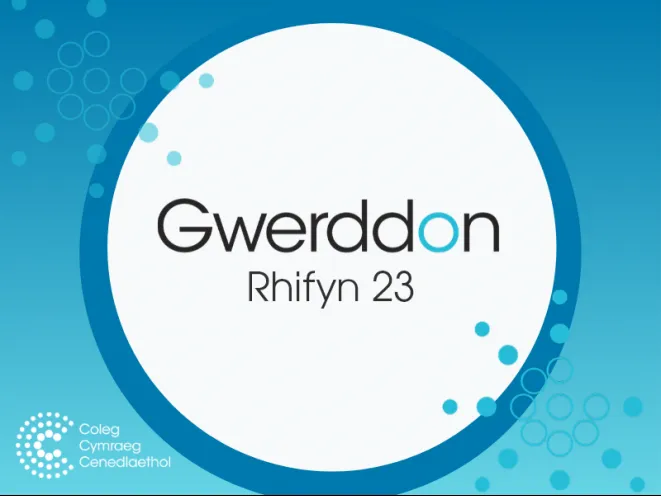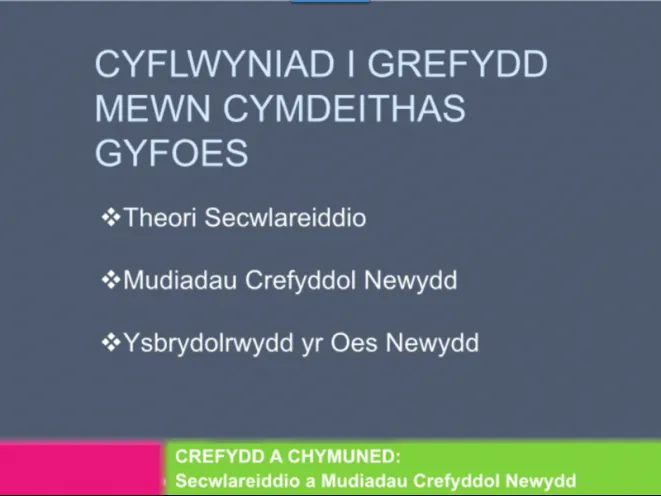This article offers a detailed examination of the relationship between the campaign to revitalise the Welsh language in the 1960s and 1970s and the coining of new words in Welsh-language popular music. It concentrates on attempts to adapt Welsh to the circumstances of the pop world during this period in particular, and examines the ideological consequences of various strategies for coining terms that were used by writers.
A Battle for Language, Language Battles: Terminology of the Welsh pop world in the 1960s and 1970s
Early community newspapers in north Wales and Welsh-language rock music
Since the advent of the papurau bro (community newspaper) movement in Wales in the 1970s, hundreds of articles on rock music have appeared in their pages, giving publicity to local rock bands, gigs, new releases, and so forth. However, these have received no scholarly attention. The present article explores the nature and influence of this little-known collection of sources, positing that this material throws light on the workings of the music scene at a regional and local level, and also that the register of these writings reveals something of the agenda of the contributors: an emphasis on justifying not the existence but the cultural worth of Welsh-language rock music to the older generation influenced young writers and champions of the pop world.
Cronfa Cyfieithiadau'r Gymraeg
Unfortunately, Cronfa Cyfieithiadau'r Gymraeg is currently unavailable due to technical issues. We are working on a solution to get the website live as soon as possible.
Cydymaith i Gerddoriaeth Cymru – gol. Pwyll ap Siôn a Wyn Thomas
Cyfeirlyfr awdurdodol sydd yn cwmpasu holl gyfoeth cerddoriaeth yng Nghymru o’r 6ed Ganrif hyd at y presennol. Tros 500 o gofnodion yn amrywio o gerddoriaeth gynnar i gerddoriaeth gyfoes, o gantorion gwerin i gerddorfeydd. Ffrwyth prosiect cydweithredol rhwng Ysgol Cerddoriaeth a’r Cyfryngau ym Mhrifysgol Bangor a’r Coleg Cymraeg Cenedlaethol yw’r Cydymaith i Gerddoriaeth Cymru. Cyhoeddir Cydymaith i Gerddoriaeth Cymru ar ffurf llyfr clawr caled gan wasg Y Lolfa, Talybont gyda chefnogaeth a chymorth ariannol Y Coleg Cymraeg Cenedlaethol. Mae'r holl gynnwys hefyd ar gael ar Esboniadur Cerddoriaeth Cymru, sef adnodd agored ar-lein gan y Coleg Cymraeg Cenedlaethol.
Cyflogadwyedd ym maes Gwleidyddiaeth
This is a report on research findings into the views of employers in relation to graduate skills and skills requirements to work in the field of politics in Wales, with particular attention to Welsh language skills. The author is Dr Elin Royles, Aberystwyth University. The report includes recommendations regarding employability and the Welsh language, regarding the teaching of politics and related subjects, and for students wishing to improve their employability. The English version of the report can be downloaded by clicking on 'Cyfryngau Cysylltiedig'
Cyflwyniad i Ecoleg Afiechydon
Mae afiechydon yn medru creu pwysau detholus cryf ar amryw o rywogaethau, gan gynnwys anifeiliaid gwyllt a domestig. Yn y cyflwyniad hwn i faes ecoleg afiechydon, mae Dr Gethin Thomas o Brifysgol Abertawe yn canolbwyntio ar y berthynas rhwng moch daear, gwartheg a'r diciau i esbonio sut mae'r rhyngweithiad rhwng anifeiliaid a'u pathogenau yn faes diddorol a cyfoes.
Cyflwyniad yr Athro Gareth Williams ar ysgrifau sydd wedi dylanwadu arno
Mae'r Athro Gareth Williams yn hanesydd disglair, yn arbenigo ar ddiwylliant poblogaidd yng Nghymru yn y 19eg a'r 20fed ganrif. Mae bellach yn Athro Emeritws Prifysgol De Cymru. Yma, mewn darlith a draddododd ym Mhrifysgol Abertawe ar 17 Ebrill 2013, mae'n trafod pa ysgrifau sydd wedi dylanwadu ar ei yrfa.
‘A new world where justice dwells’: Morgan John Rhys’ (1760–1804) vision
In this article it is argued how Morgan John Rhys’ (1760–1804) belief in the Second Coming and Millennium influenced his participation in the campaign to abolish slavery, the French Revolution and America. It is shown how Millenarianism was a force that shaped Morgan John Rhys’ worldview and influenced his social action and campaigns. Also, it is shown how William Williams, Pantycelyn (1717–91), preceded Morgan John Rhys in this context. My argument, with comparative reference to Williams and Rhys, is that Evangelicalism and the Enlightenment were not intellectual enemies, and that Millenarianism was one of the most important driving forces in the lives of these two men, who were integral to the life of eighteenth century Wales.
Cynhadledd Crefydd a'r Byd Modern
Mae'r adnoddau hyn yn deillio o gynhadledd undydd a gynhaliwyd ym mis Medi 2014 ar y pwnc 'Crefydd yn y Byd Cyfoes', dan nawdd y Coleg Cymraeg Cenedlaethol. Y nod oedd rhoi cyfle i fyfyrwyr israddedig a disgyblion chweched dosbarth ddod ynghyd i drafod materion crefyddol sydd o bwys cenedlaethol a rhyngwladol. Ceir yma rai o'r cyflwyniadau a gafwyd ar y testunau canlynol: Seciwlariaeth Ffwndamentaliaeth Dyfodiad yr Apocalyps Freud
Cynhadledd Pontydd Cyfieithu
Cynhaliwyd cynhadledd Pontydd Cyfieithu ym Mhrifysgol Aberystwyth ar 19 Ionawr 2017. Yma, ceir rhaglen y gynhadledd ynghyd â ffeiliau sain a/neu fideo o bob cyflwyniad neu sesiwn. Cliciwch ar Cyfryngau Cysylltiedig uchod i lawrlwytho'r ffeiliau.
Cynhadledd Ryngwladol 2014
Yn y casgliad hwn ceir cyflwyniadau o Gynhadledd Ryngwladol y Coleg Cymraeg Cenedlaethol, 1-3 Gorffennaf 2014. 'Pa le i'n hiaith mewn Addysg Uwch?' oedd thema'r gynhadledd ac mae'r cyflwyniadau'n ymwneud yn bennaf â pholisi iaith ac addysg yng Nghymru ac Ewrop.
Cynhadledd Wyddonol 2019
Cynhaliwyd Cynhadledd Wyddonol 2019 yng Nghanolfan Medrus, Prifysgol Aberystwyth, ar 6 Mehefin 2019. Roedd y gynhadledd yn gyfle i gyflwyno'r ymchwil gwyddonol ddiweddaraf trwy gyfrwng y Gymraeg. Yma ceir casgliad o gyflwyniadau a fideos o'r gynhadledd.

